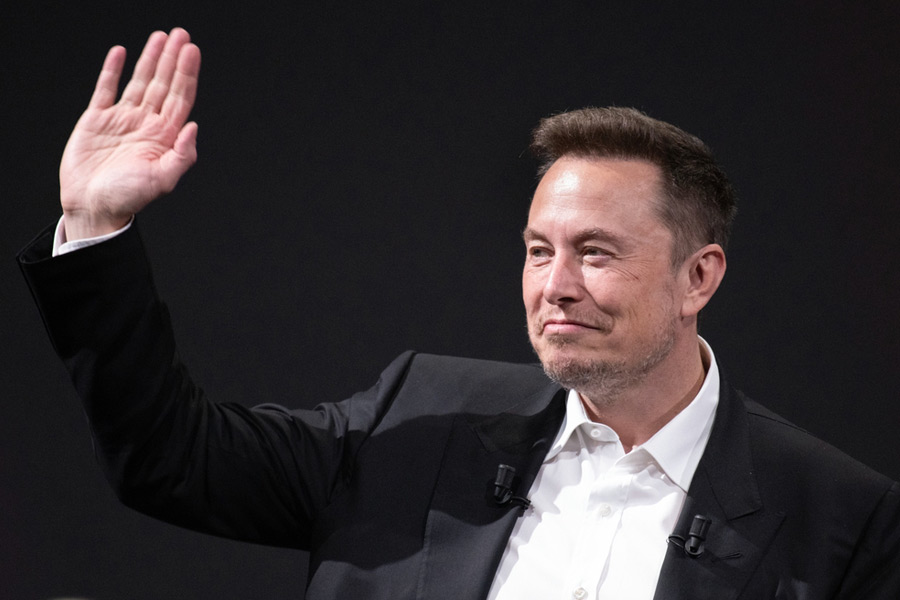United States President-elect Donald Trump has announced plans to impose “reciprocal” taxes on countries like India and Brazil, accusing them of levying excessively high tariffs on American products. In a press conference on December 16 at his Mar-a-Lago estate in Florida, Trump argued that these countries unfairly exploit the US by imposing significant duties on imports, while the US imposes little to no tariffs in return.
 Highlighting the lack of balance in trade policies, Trump said, “Reciprocal. If they tax us, we tax them the same amount. India, for example, charges 100%, 200% on some of our products. Why should we charge them nothing in return? If they send a bicycle and we send them a bicycle, why should they charge us while we charge them nothing? This has to change.”
Highlighting the lack of balance in trade policies, Trump said, “Reciprocal. If they tax us, we tax them the same amount. India, for example, charges 100%, 200% on some of our products. Why should we charge them nothing in return? If they send a bicycle and we send them a bicycle, why should they charge us while we charge them nothing? This has to change.”
Trump’s remarks also included Brazil, another country he accused of imposing high tariffs on US goods. The President-elect stated that while such practices are acceptable, the US will now respond with equal measures to protect its interests.
Howard Lutnick, Trump’s nominee for Commerce Secretary, echoed the President-elect’s stance, emphasizing that “reciprocity” will be a cornerstone of the upcoming administration’s trade policies. Lutnick explained, “How you treat us is how you should expect to be treated. This principle will guide all future trade agreements and policies.”
India’s trade practices were specifically called out in Trump’s statements, with tariffs on certain US products, including bicycles and agricultural goods, being described as unjustifiably high. However, outgoing Deputy Secretary of State Kurt Campbell, speaking in Washington on December 17, expressed optimism about the future of India-US relations.
“We are confident that we are leaving the bilateral relationship in a very strong place. The partnerships in technology, defense, and finance have reached new heights. The incoming Trump administration will have a solid foundation to build upon,” Campbell said.
Trump’s comments have sparked concerns about potential trade tensions between the US and nations like India and Brazil. Critics worry that retaliatory taxes could disrupt existing economic partnerships. However, Trump’s administration views the move as necessary to address what it considers unfair trade practices.
As Trump prepares to assume office, the world watches closely to see how his administration will implement these promised changes and how they might reshape global trade dynamics.




